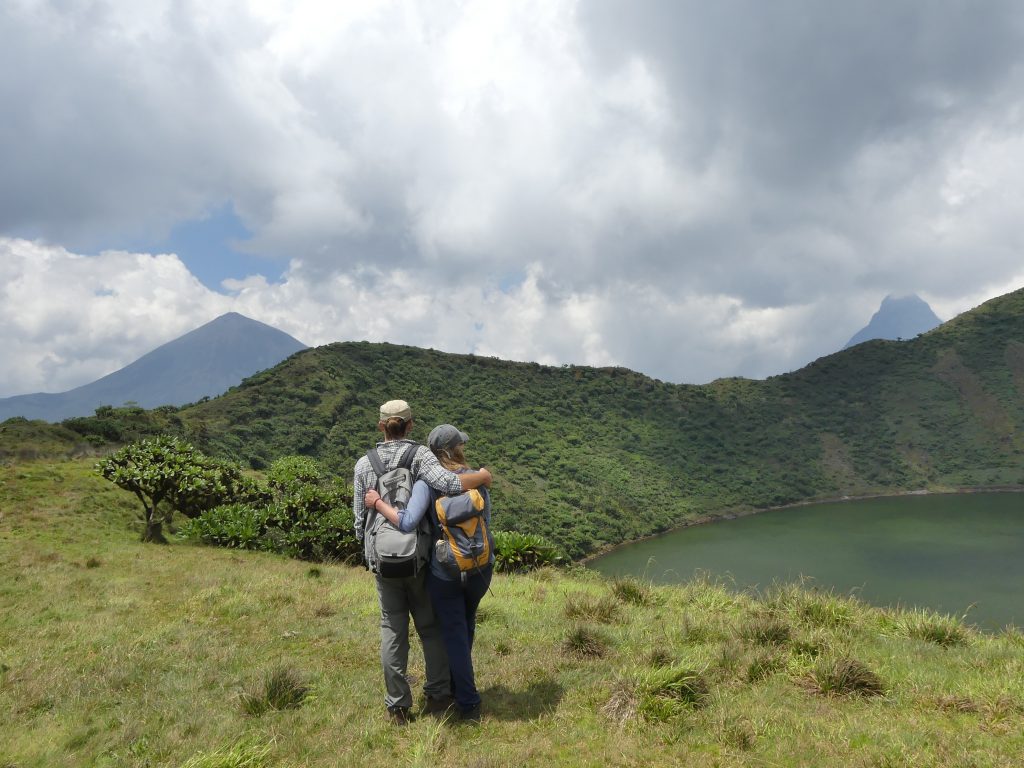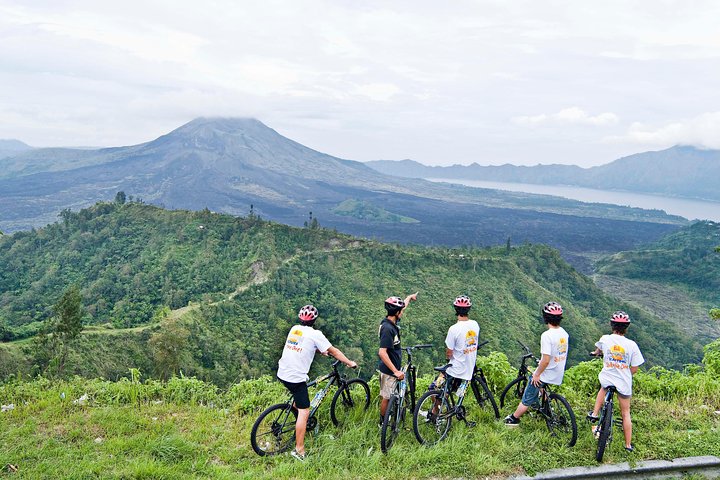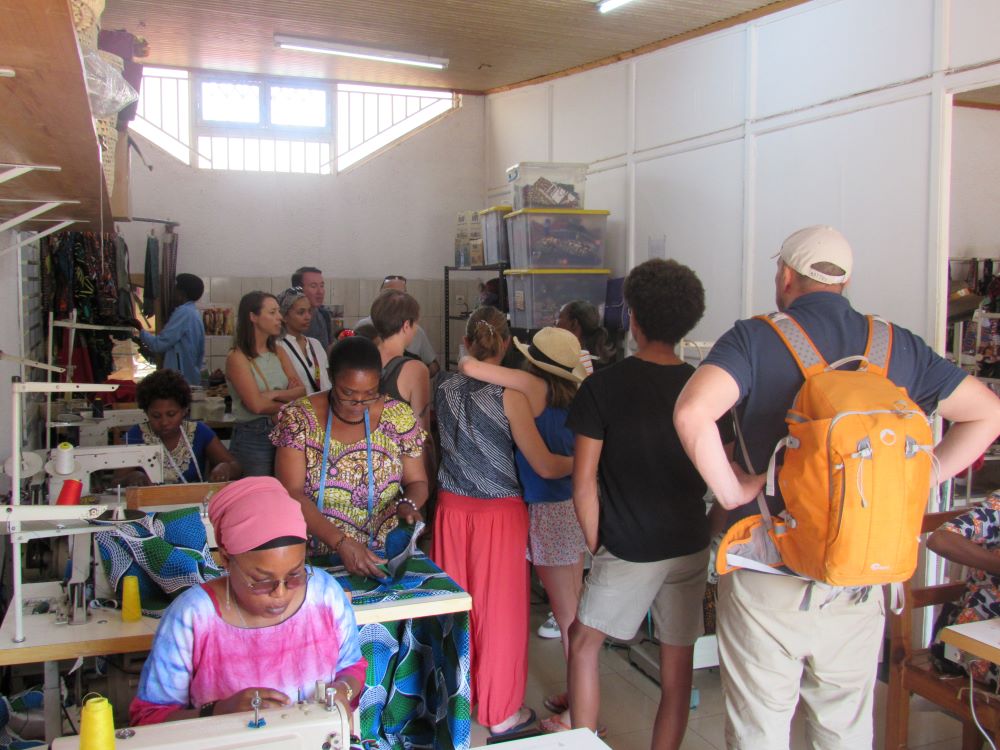
Community tourism in Rwanda
Community tourism in Rwanda plays a significant role in empowering local communities, preserving cultural heritage, and promoting sustainable development. Travelling sustainably not only helps to enjoy the genuine experience from local communities but it also helps to contribute to the life improvement of the locals who are living in and around tourism areas and attractions. Here are some aspects and initiatives of community tourism in Rwanda that tourists can enjoy:
Cultural Villages and Performances: Various cultural villages across Rwanda showcase traditional Rwandan life, arts, crafts, and performances. These attractions offer tourists the opportunity to learn about Rwandan traditions, music, dance, and cuisine while supporting local artisans and performers. These are part of community tourism in Rwanda that well connects visitors and local communities to exchange on their different modes of life.
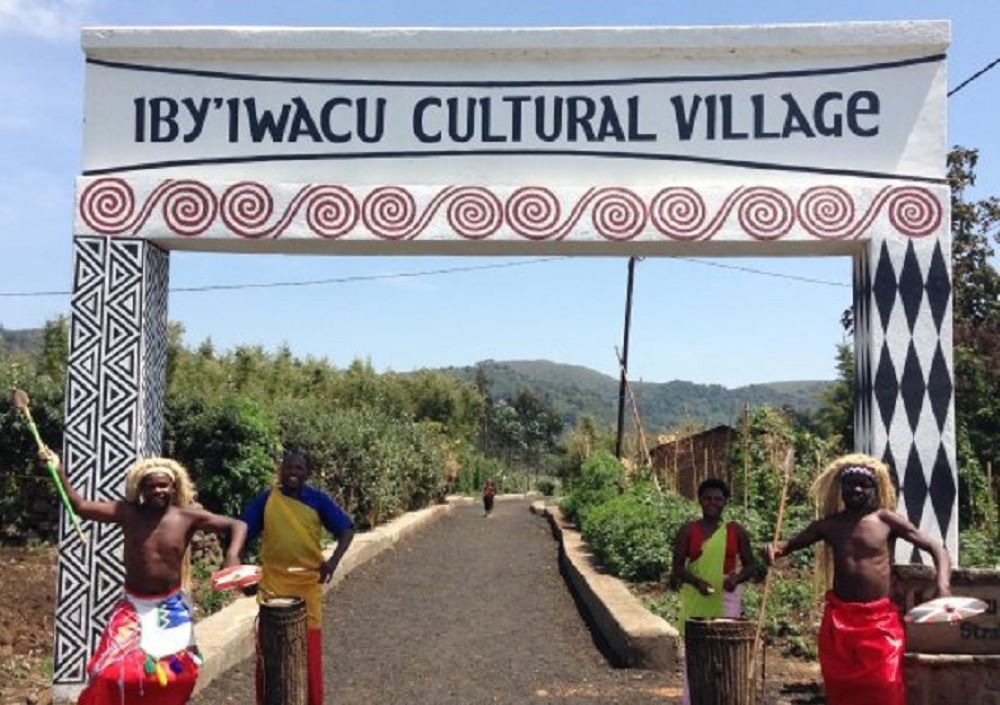
Local Community engagement tours: this is also another type of community tourism in Rwanda whereby local communities often offers guided tours of their villages, historical sites, and natural attractions. These tours are led by community members who share their knowledge of local history, culture, and wildlife. The most important part of these engagement Revenue generated from these tours directly benefits the communities and contributes to local development projects.
Art Craft Cooperatives and Markets: Many communities in Rwanda are known for their handicrafts, including basketry, weaving, pottery, and woodcarving. Community-based craft cooperatives and markets provide a platform for local artisans to sell their products to tourists, thereby generating income and preserving traditional craftsmanship. You will find craft shops all around the country mostly around national parks and major touristic attractions.
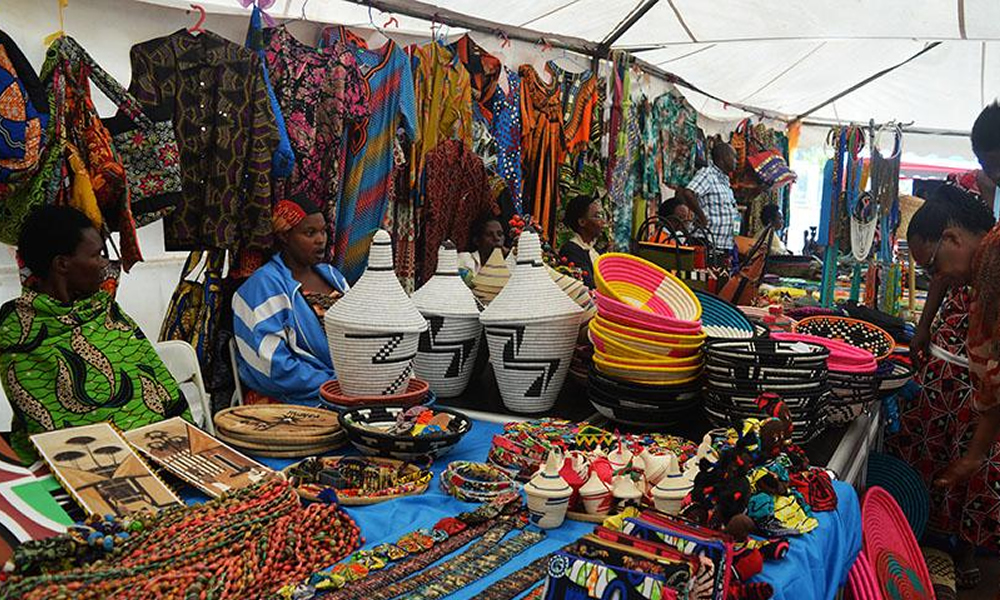
Conservation Initiatives: Some community tourism projects in Rwanda focus on environmental conservation and wildlife protection. Communities are actively involved in activities such as reforestation, habitat restoration, and wildlife monitoring, contributing to the preservation of Rwanda’s natural resources and biodiversity constitutes community tourism among others.
Educational and Volunteering Opportunities: Community tourism in Rwanda initiatives often offer educational programs and volunteering opportunities for tourists interested in learning about local issues and contributing to community development projects. These activities may include teaching in local schools, participating in healthcare initiatives, or supporting women’s cooperatives as well as offering direct support to needy families and individuals who are not able to cover some basic life needs. This is part of community tourism in Rwanda that not only benefits tourists as they explore new destinations but also plays a role in a life changing course.
Partnerships with Tourism Operators: Community tourism initiatives in Rwanda frequently collaborate with tour operators, lodges, and government agencies to promote responsible tourism practices and ensure the equitable distribution of benefits. These partnerships help communities access training, marketing support, and infrastructure development.
Overall, community tourism in Rwanda plays a vital role in the tourism industry by empowering local communities, preserving cultural heritage, promoting environmental conservation, and creating sustainable livelihoods. By engaging with community-based initiatives, tourists can contribute to positive social and economic development while experiencing the rich cultural diversity of Rwanda. If you wish to travel sustainably, reach out to Unique Rwanda Vacation Experts to learn how you can plan your trip to Rwanda at the same time contributing to sustainable initiatives in the country. Our tour experts will help you to design a package that best fits with your plans, budget and time. All you need is to just send your request and leave the rest of the work to us.

